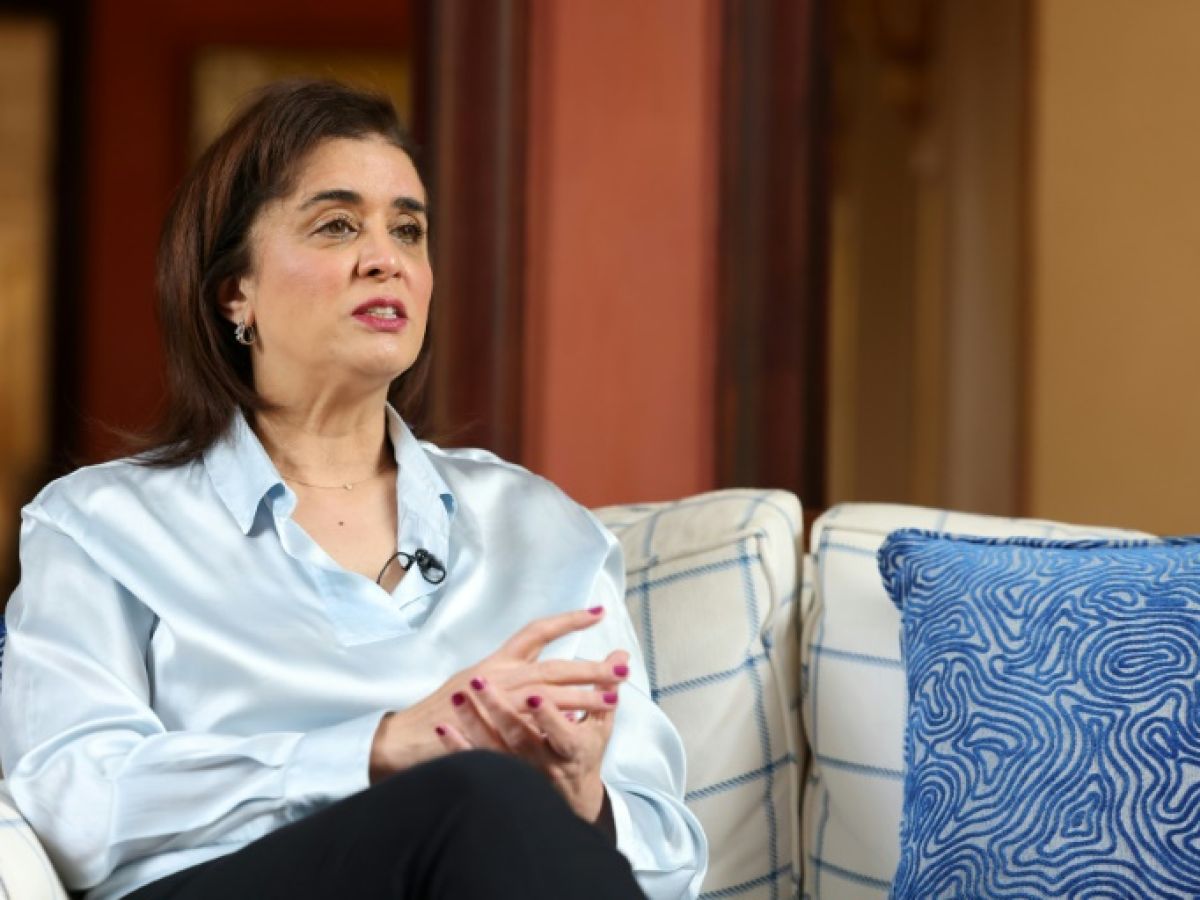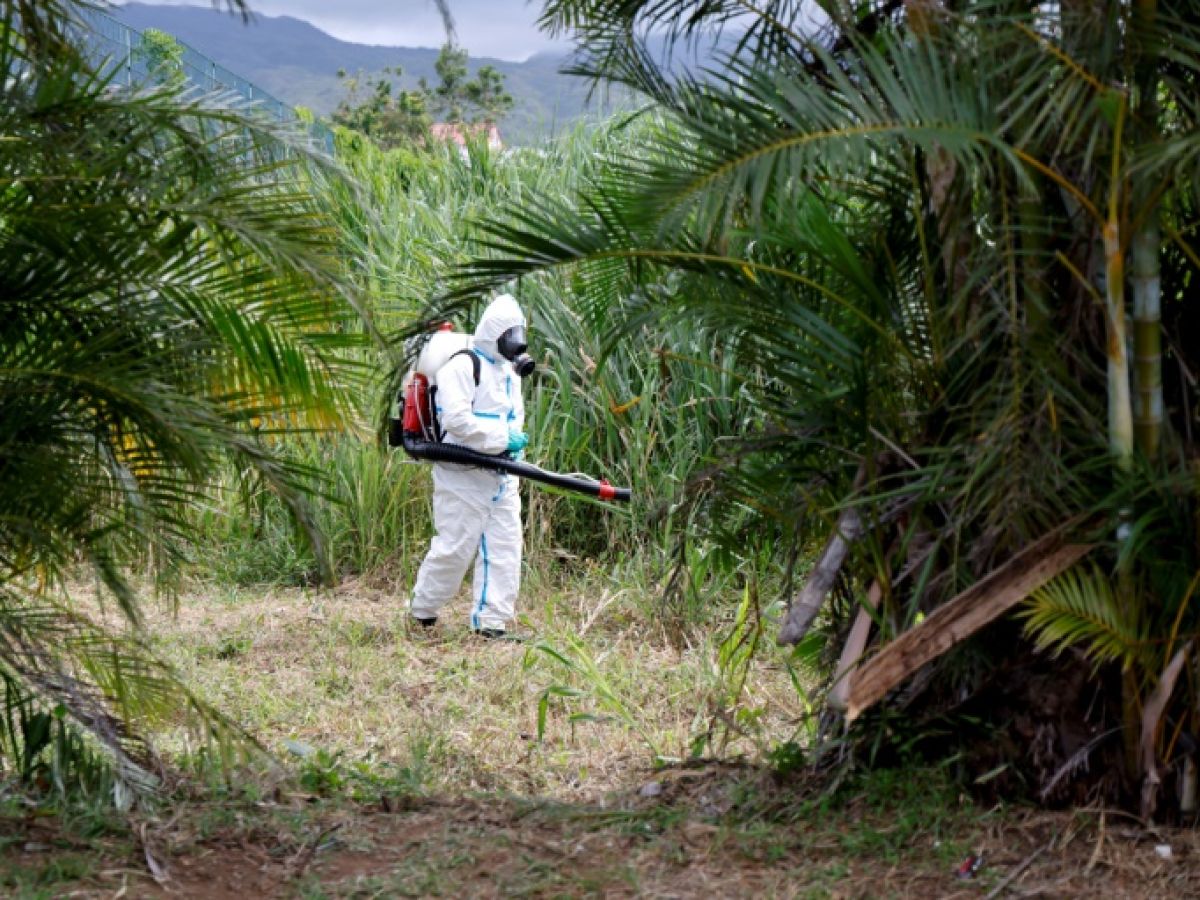The massive US withdrawal of international aid risks worsening the humanitarian situation in conflict zones where health systems are already severely strained, such as Gaza and Sudan, a World Health Organization official warned on Sunday.
Since taking office in January, President Donald Trump has frozen U.S. foreign aid, including key programs aimed at improving global health, and dismantled USAID, the U.S. development agency, which managed an annual budget of $42.8 billion, representing $421 billion of humanitarian aid alone.
Washington also announced its withdrawal from the WHO, which will have to cut its budget by a fifth, reducing its missions and staff.
The United States, which has long been the UN agency's largest contributor, has not paid its dues for 2024 and may not do so in 2025.

"WHO plays a vital role in maintaining health systems, rehabilitating them, training and deploying emergency medical teams," said Hanan Balkhy, WHO Regional Director for the Eastern Mediterranean, in an interview with AFP in Riyadh.
"Many of these programs are now stopped or will not be able to continue," she warned.
In the besieged Gaza Strip, where the health situation is catastrophic and the destruction immense, a year and a half of fighting between the Israeli army and the Palestinian Hamas has put most hospitals out of service.
"Support for emergency medical teams, the supply of medicines, the rehabilitation of health infrastructure: all of this was immediately affected by the freeze in American aid," says Ms. Balkhy.
– Information sharing hindered –
In Sudan, the agency faces increasing challenges as the two-year war between the army and paramilitaries has displaced millions of people.

Several regions are affected by at least three epidemics: malaria, dengue fever and cholera, Ms. Balkhy said.
"We are working intensively to identify emerging or re-emerging pathogens, in order to protect the Sudanese people, but also the rest of the world," she said.
The US withdrawal from the WHO will also jeopardize long-established channels of communication with the country's top universities, research centers, and public health institutions.
This risks hampering information sharing, which is crucial for anticipating health crises such as a future pandemic, and would therefore affect "our ability to ensure disease surveillance and detection" at the global level, the WHO official added.
Because, she recalls, "these bacteria and viruses know no borders and are indifferent to the human political situation."


